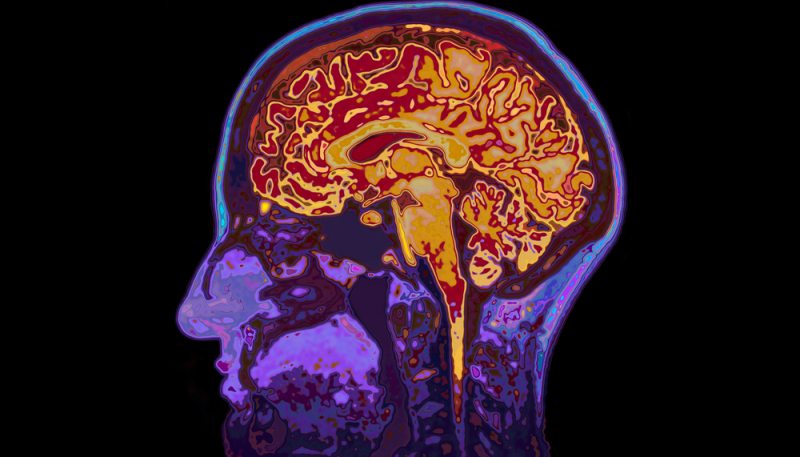Dementia affects nearly 47 million people all around the world. Additionally, every year, another 9.9 million more diagnoses are made- two-thirds of those are women. Dementia is a complex syndrome whose causes are many and interlinked, and whose symptoms of memory loss and cognitive degradation vary in severity and pace of onset from person to person.
Treatments vary in effectiveness, but currently, it remains a debilitating problem that progressively destroys a persons’ ability to live a normal life. A recent review of the most cutting-edge research in Lancet, however, concludes with a stark revelation: Around one in three cases of dementia can be avoided if nine key risk factors are avoided or mitigated against earlier on in life.
The BBC News and Alzheimer’s Association International Conference in London marked these nine factors as contributors to the onset of dementia. Presently, they are ranked in order of highest to lowest risk.
- Mid-life hearing loss (9% of the risk)
- Not completing secondary-level/high school education (8%)
- Smoking (5%)
- Not seeking treatment for depression in youth (4%)
- Physical activity (3%)
- Social Isolation (2%)
- High blood pressure (2%)
- Obesity (1%)
- Type 2-diabetes- the more common variant linked to obesity (1%)

Although dementia begins to become symptomatic later in life, these exacerbating factors, over time, gradually weaken the brain’s network and pave the way for the syndrome to express itself decades later in life.
Together, these factors represent nearly 35% of the risk, meaning that focusing on these factors could lead to a third of all dementias being prevented. At the same time, the global cost of dementia- currently at $818 billion- could be dramatically slashed.
Overall, as with plenty of diseases and conditions, it reigns true that a healthy lifestyle is a key to a long, uninhibited life.
The rest of the risk, 65%, is currently beyond a person’s control. These include a buildup of clumps of protein in the brain, which is a leading cause of Alzhheimer’s. Also, genetic mutations that lead to brain damage and so on.
At a glance, there are some seemingly curious inclusions on the list. Most notably, hearing loss. The researchers argue that a lack of a rich, audible environment denies people a form of cognitive processing that many others have. Additionally, this can also lead to an increase in social isolation, which can lead to depression. All of which contribute towards the onset of dementia.
Other factors are more obvious, particularly education level. Not stopping there, the 24 international experts behind the report explain that keeping up learning and education in later life will drastically reduce the risk of getting dementia.
Despite being left out of this analysis, it is likely that excessive alcohol consumption and having an unhealthy diet also contribute towards a dementia diagnosis.
The report urges individuals to be ambitious about prevention. Dementia does not have to be an inevitable consequence of reaching retirement age.
(HealthiGuide)

